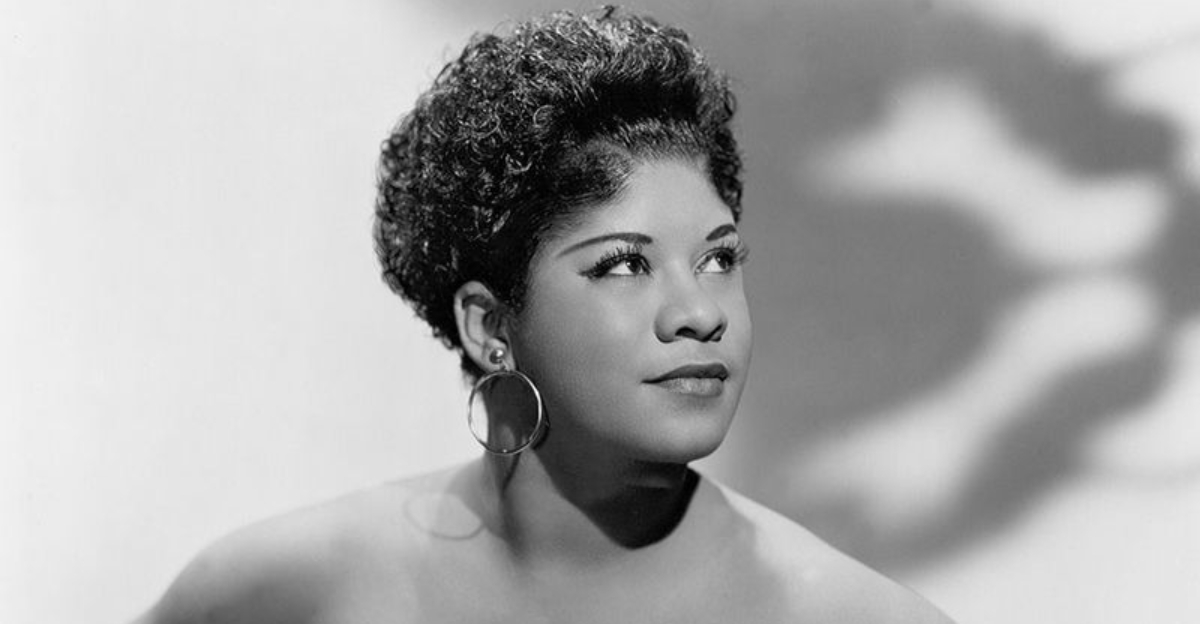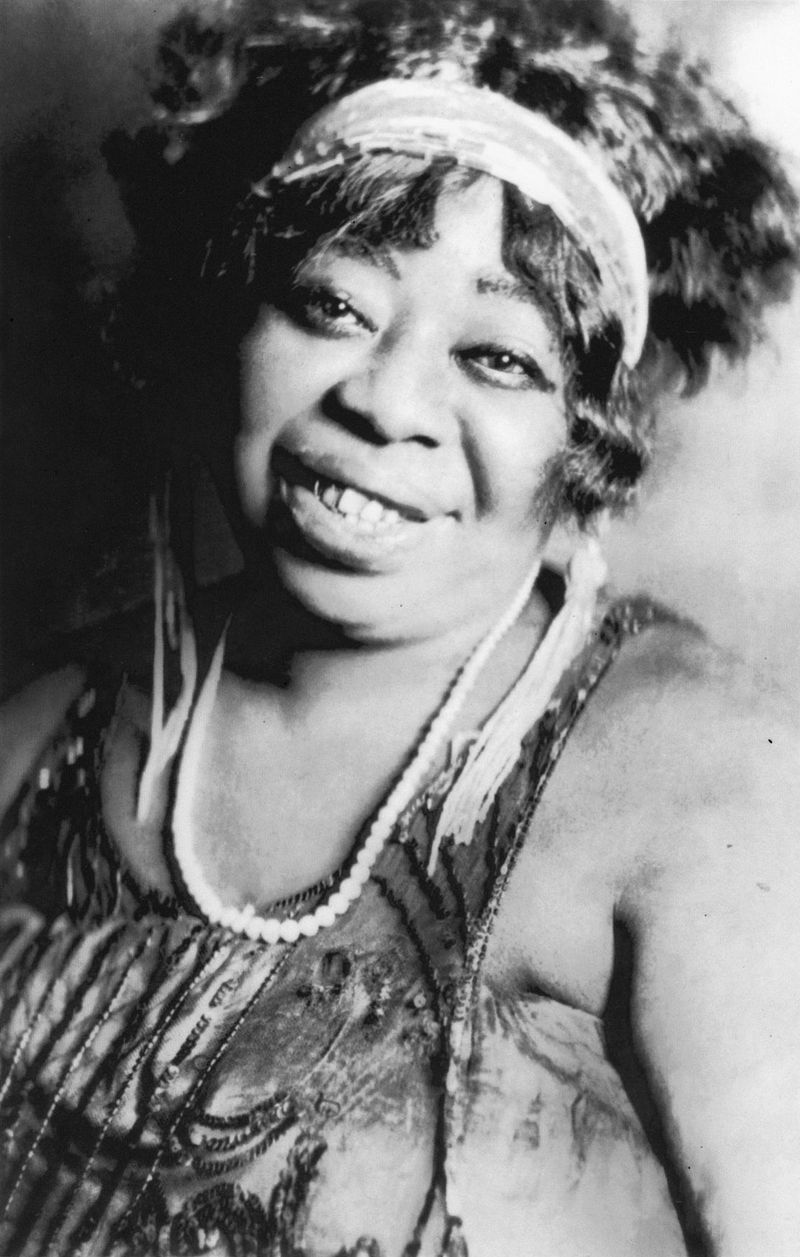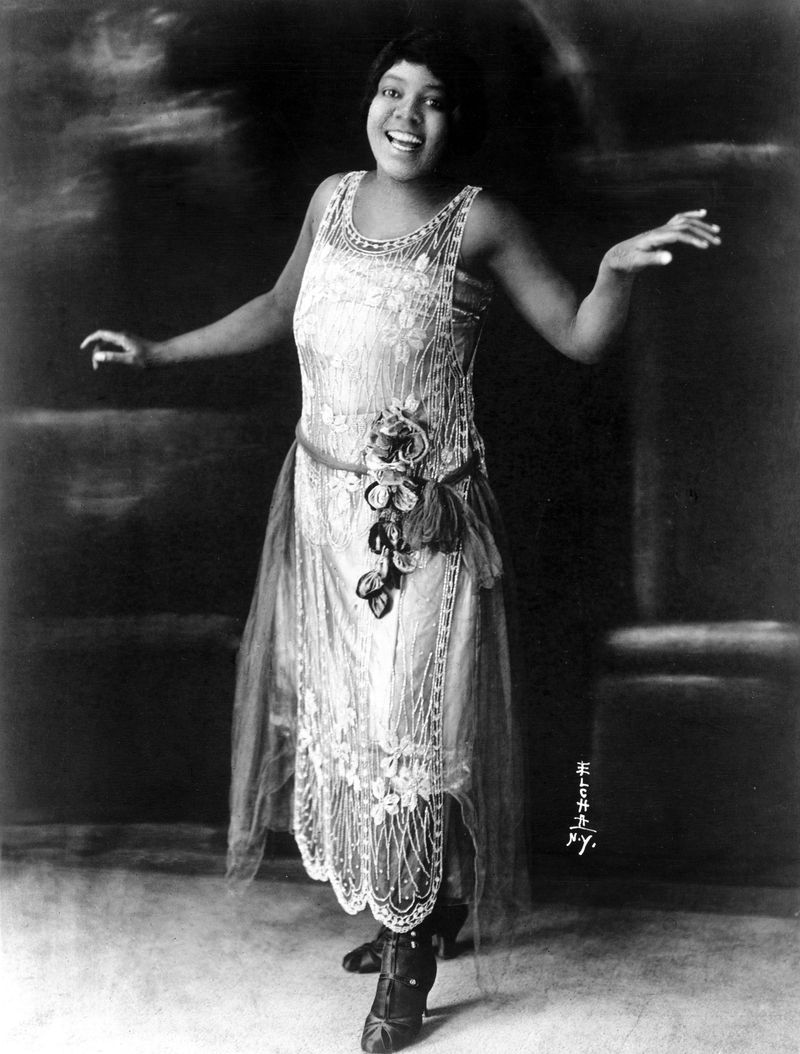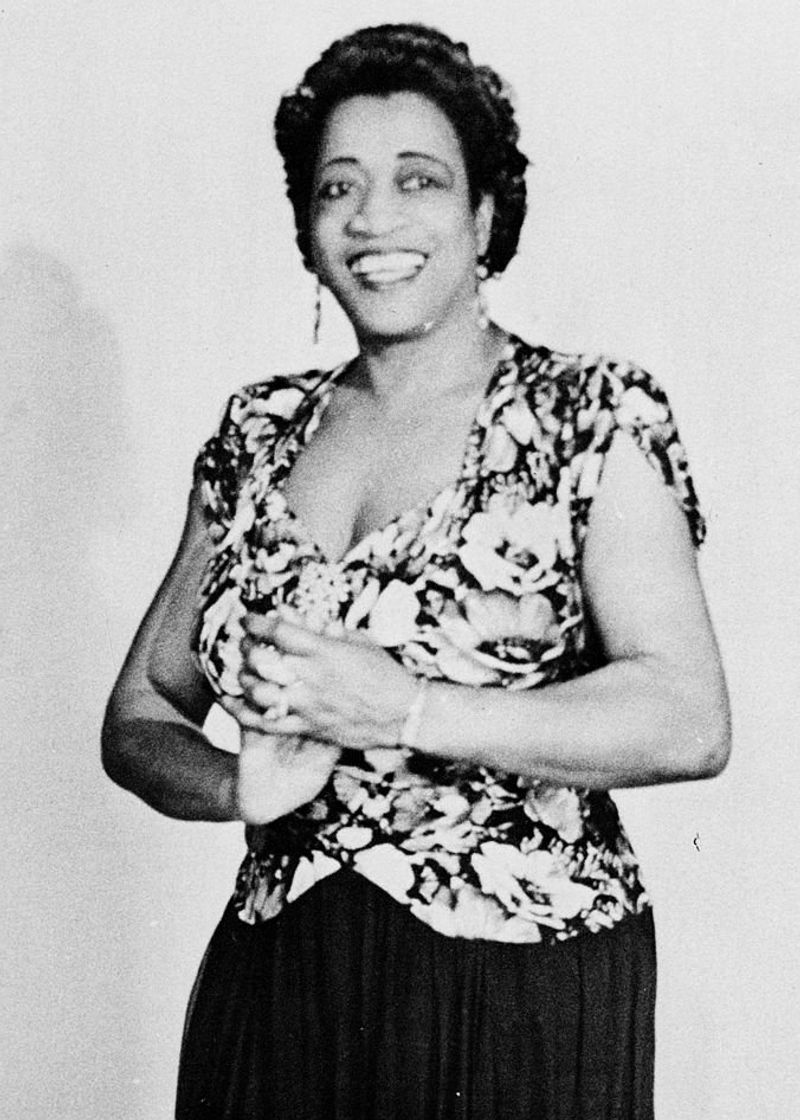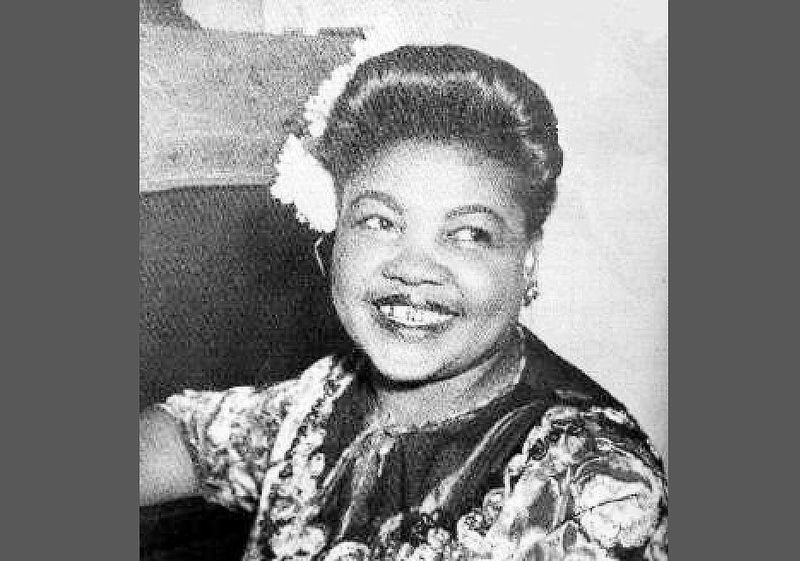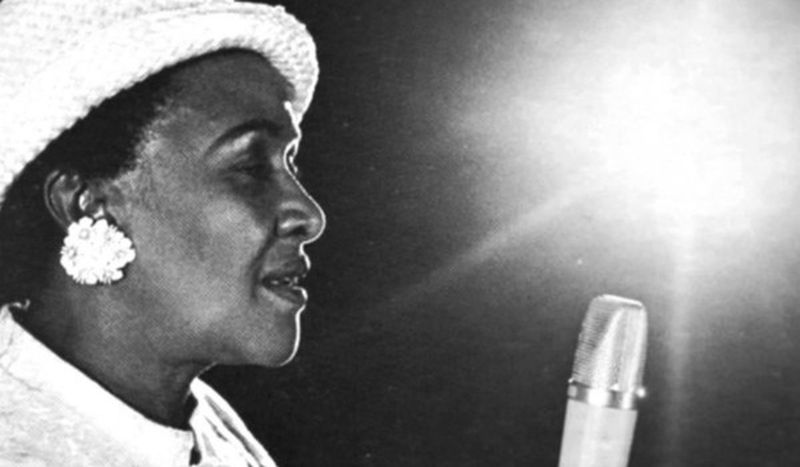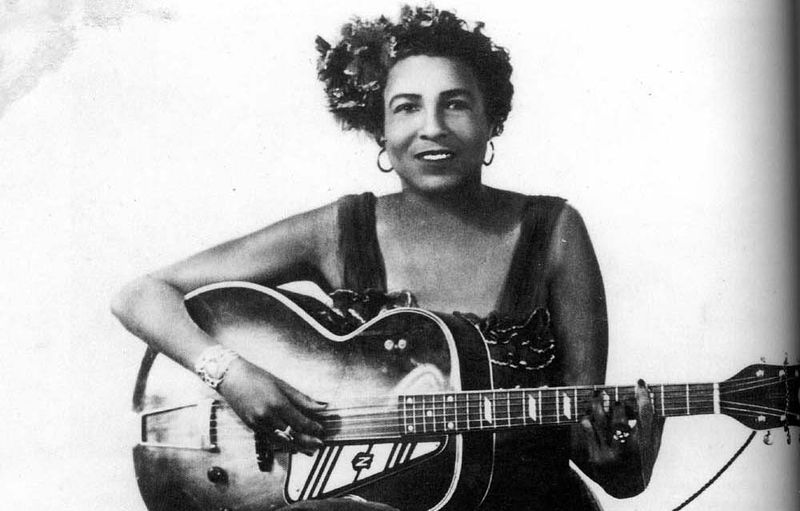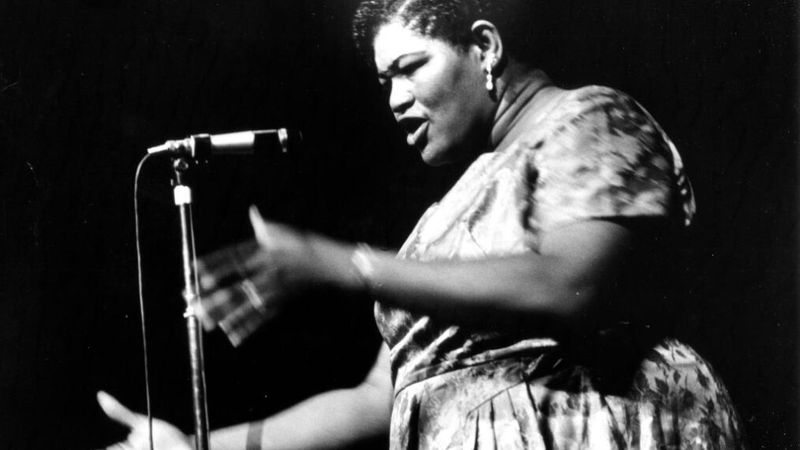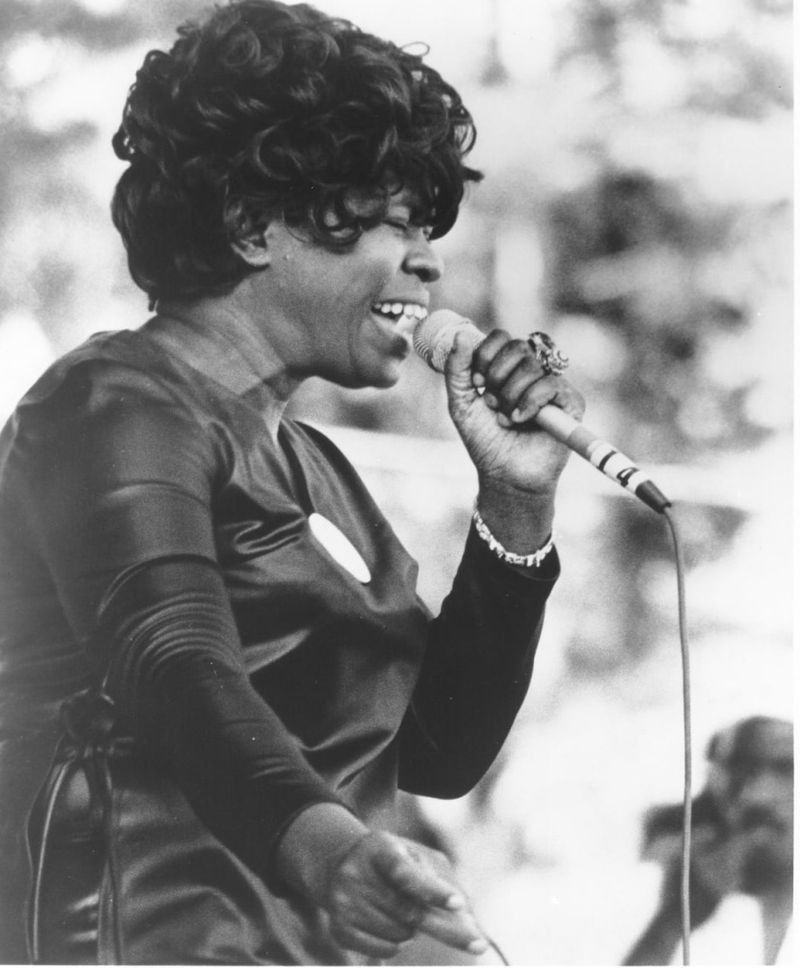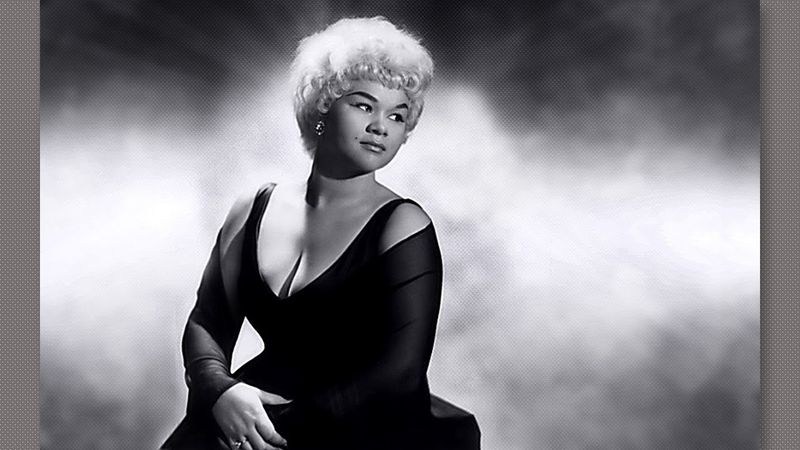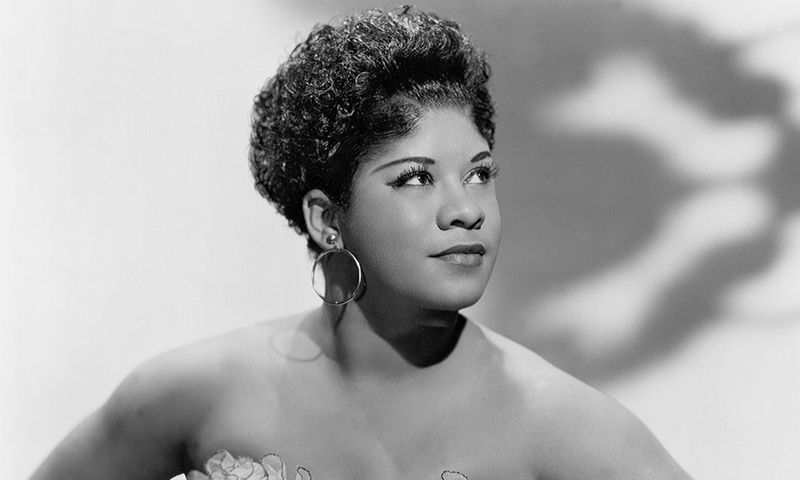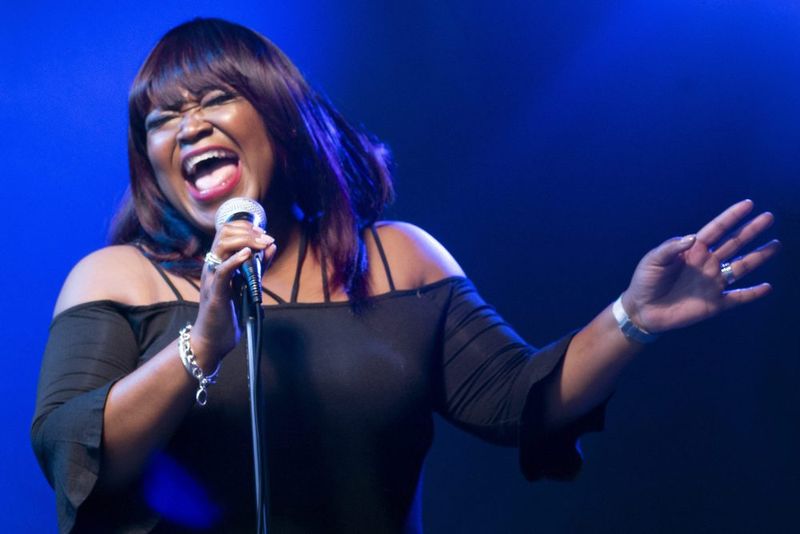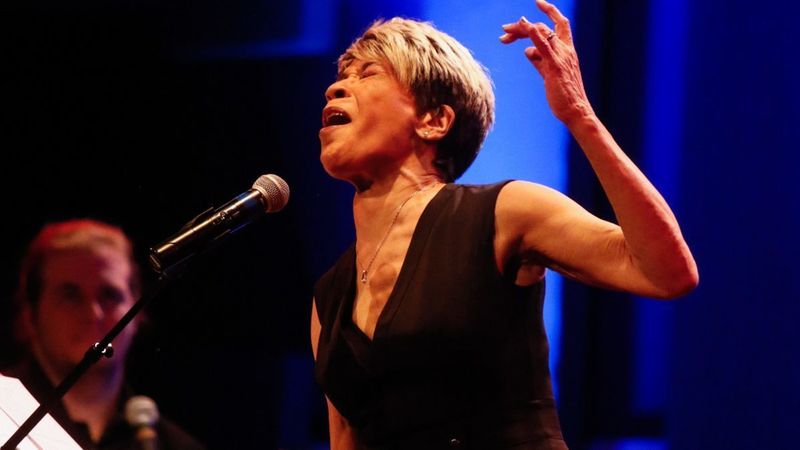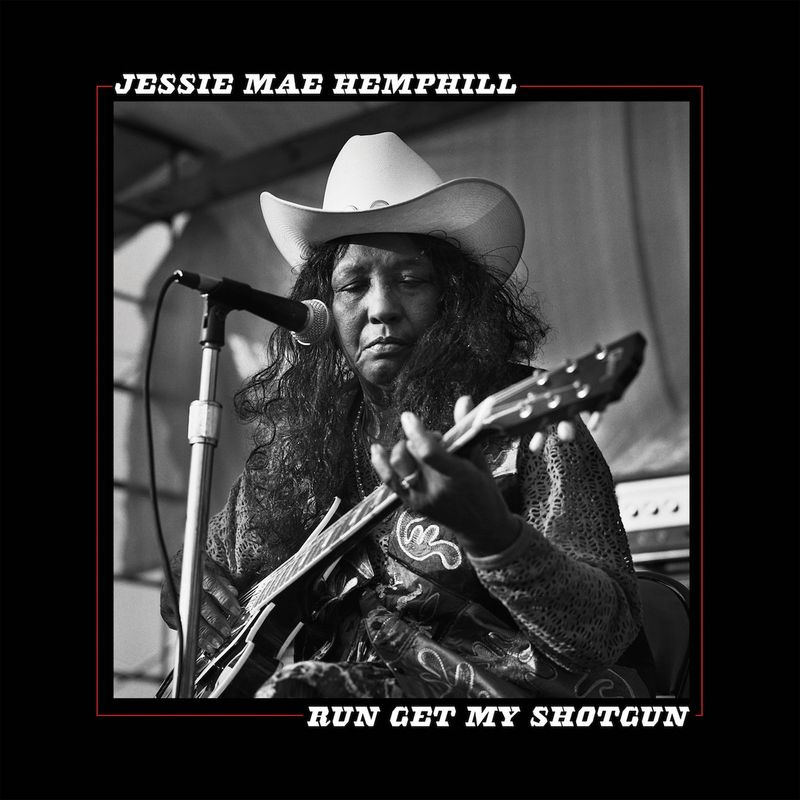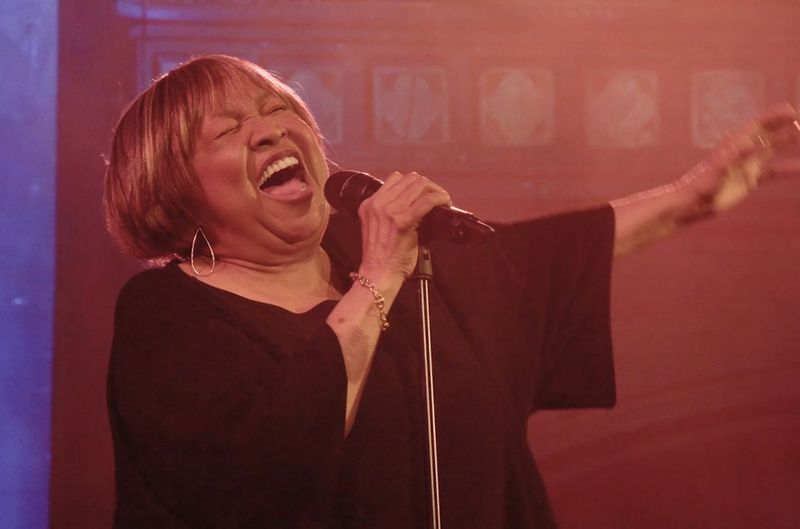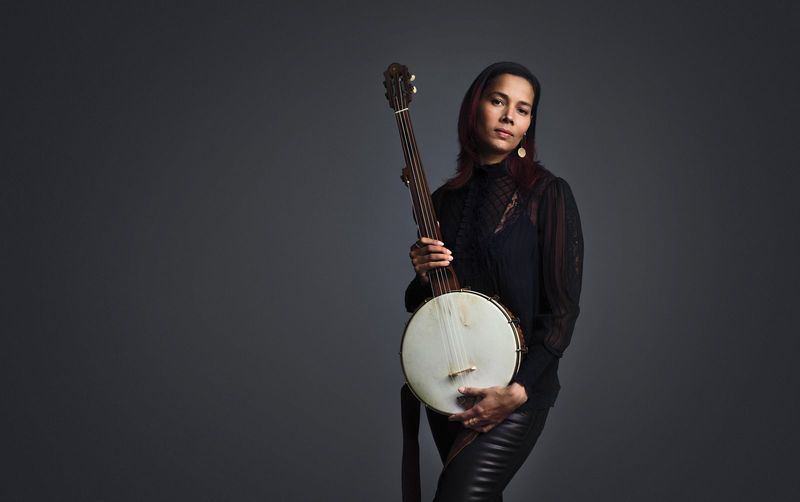The world of blues is incomplete without acknowledging the profound impact of Black female singers. These women not only shaped the genre but also paved the way for future generations with their powerful voices and indomitable spirits. From the early pioneers who laid the groundwork to modern influences keeping the blues alive, each artist has contributed something unique to the rich tapestry of blues music.
1. Ma Rainey (1886–1939)
Known as the “Mother of the Blues,” Ma Rainey’s powerful voice and commanding stage presence set her apart. In her mid-30s, she captivated audiences with her earnest performances and heartfelt storytelling. Ma Rainey’s music was deeply rooted in Southern traditions, and she skillfully blended vaudeville with rural blues. Her recordings, such as “See See Rider,” became timeless classics. Beyond her musical talents, Rainey was an astute businesswoman, successfully navigating a male-dominated industry. Her legacy endures, influencing countless artists and keeping the essence of the blues alive.
2. Bessie Smith (1894–1937)
Bessie Smith was the “Empress of the Blues,” a title that reflected her immense influence and popularity. In her early 40s, she was renowned for her commanding voice and emotive performances. Songs like “Downhearted Blues” showcased her ability to convey deep emotion and connect with audiences. Smith’s impact extended beyond her music, as she broke barriers for Black female artists in a predominantly white industry. Her tragic yet inspiring life story continues to resonate, making her a timeless icon in the world of blues and beyond.
3. Ida Cox (1896–1967)
Ida Cox was a vaudeville star and a masterful songwriter, celebrated for her song “Wild Women Don’t Have the Blues.” In her late 30s, she dazzled audiences with her expressive voice and commanding stage presence. Cox’s music often explored themes of female empowerment and independence, resonating with many women of her era. Her ability to blend blues with jazz elements made her a versatile and dynamic performer. Cox’s legacy continues to inspire, as she paved the way for future generations of women in blues and jazz.
4. Sippie Wallace (1898–1986)
Sippie Wallace was a blues and gospel singer whose songs became standards in the genre. In her 30s, she was known for her powerful voice and compelling performances. Wallace’s music often addressed themes of love, heartache, and wisdom, resonating with audiences across generations. Her ability to convey emotion through her voice and piano playing made her a standout artist. Wallace’s influence extended beyond music, as she mentored younger artists and remained active in the blues scene well into her later years.
5. Victoria Spivey (1906–1976)
Victoria Spivey was a versatile singer, pianist, and songwriter who made a significant impact on the blues scene. In her late 20s, she recorded with legends like Louis Armstrong and Lonnie Johnson, showcasing her unique style. Spivey’s music often combined elements of blues and jazz, creating a sound that was both innovative and timeless. Her ability to tell stories through her songs captivated audiences and solidified her place in blues history. Spivey’s influence is still felt today, as her work continues to inspire new generations of musicians.
6. Memphis Minnie (1897–1973)
Memphis Minnie was a fierce guitarist and singer who dominated the blues scene for decades. In her 40s, she was celebrated for her energetic performances and songwriting prowess. Minnie wrote classics like “When the Levee Breaks,” showcasing her ability to blend traditional blues with modern elements. Her innovative guitar playing and powerful voice made her a trailblazer in the genre. Minnie’s influence extended beyond her music, as she challenged gender norms and inspired countless female musicians to pursue their passions.
7. Big Mama Thornton (1926–1984)
Big Mama Thornton was best known for her original version of “Hound Dog,” a song later covered by Elvis Presley. In her 30s, she was a powerhouse of early rock and blues, captivating audiences with her raw energy and soulful voice. Thornton’s performances were marked by their intensity and authenticity, leaving a lasting impression on all who witnessed them. Her ability to convey emotion through her music made her a standout artist in the blues and rock scenes. Her legacy continues to inspire musicians across genres.
8. Koko Taylor (1928–2009)
Koko Taylor, known as the “Queen of Chicago Blues,” was famous for her gritty, soulful voice and dynamic performances. In her 40s, she captivated audiences with her hit “Wang Dang Doodle” and other classics. Taylor’s music was deeply rooted in the Chicago blues tradition, yet she brought her own unique style to the genre. Her powerful voice and commanding presence on stage made her a beloved figure in the blues community. Taylor’s influence continues to resonate, as she paved the way for future generations of female blues artists.
9. Etta James (1938–2012)
Etta James was a powerhouse vocalist who blended blues, R&B, and soul to create timeless classics. In her 30s, she delivered unforgettable performances of songs like “I’d Rather Go Blind” and “At Last.” James’s ability to convey raw emotion and vulnerability through her music captivated audiences around the world. Her influence extended beyond blues, as she became a prominent figure in R&B and soul music. James’s legacy lives on through her recordings, which continue to inspire and move listeners across generations.
10. Ruth Brown (1928–2006)
Ruth Brown, known as the “Queen of R&B,” was a key figure in both the R&B and blues genres. In her 30s, she was celebrated for her powerful voice and dynamic stage presence. Brown’s hit songs, like “Mama, He Treats Your Daughter Mean,” showcased her ability to blend blues with R&B elements, creating a sound that was both innovative and timeless. Her influence extended beyond music, as she advocated for artists’ rights and helped establish the Rhythm & Blues Foundation. Brown’s legacy continues to inspire musicians today.
11. Shemekia Copeland (b. 1979)
Shemekia Copeland is a powerhouse vocalist carrying on the blues tradition into the modern era. In her early 30s, Copeland captivated audiences with albums like “America’s Child,” showcasing her ability to blend traditional blues with contemporary themes. Her powerful voice and passionate performances have earned her critical acclaim and a devoted following. Copeland’s music often addresses social and political issues, resonating with listeners around the world. Her influence continues to grow, as she inspires a new generation of blues enthusiasts and musicians.
12. Bettye LaVette (b. 1946)
Bettye LaVette is a soul-blues legend whose raw, emotional performances have earned her critical acclaim. In her 60s, LaVette enthralled audiences with her unique interpretative style, breathing new life into classic songs. Her ability to convey deep emotion and vulnerability has made her a standout artist in the blues and soul genres. LaVette’s music often explores themes of love, loss, and resilience, resonating with listeners from all walks of life. Her influence continues to inspire, as she remains a powerful voice in contemporary blues.
13. Taj Mahal (collaborators like Jessie Mae Hemphill & others)
Taj Mahal, while male, has collaborated with numerous female blues artists, helping to keep traditional blues alive. His work with artists like Jessie Mae Hemphill has brought attention to the contributions of women in the genre. Through these collaborations, Taj Mahal has explored diverse musical styles, blending traditional blues with elements of world music. His influence has helped preserve and celebrate the rich history of blues music, ensuring its relevance for future generations. Taj Mahal’s collaborative spirit highlights the importance of unity in music.
14. Mavis Staples (b. 1939)
Mavis Staples, though more known for gospel and soul, carries deep blues roots from her work with The Staple Singers. In her 70s, Staples captivated audiences with her powerful voice and poignant performances. Her music often addresses themes of social justice, love, and hope, resonating with listeners worldwide. Staples’s ability to blend gospel and blues elements has made her a beloved figure in both genres. Her influence continues to inspire, as she remains a powerful voice for change and unity through music.
15. Rhiannon Giddens (b. 1977)
Rhiannon Giddens is a multi-instrumentalist and singer reviving early African-American blues and folk traditions. In her 40s, she explores the roots of American music, blending blues, folk, and classical elements. Giddens’s powerful voice and skilled musicianship captivate audiences, shedding light on the rich history of African-American music. Her work often delves into themes of identity, history, and culture, resonating with listeners across generations. Giddens continues to inspire, as she breathes new life into the timeless traditions of blues and folk music.
